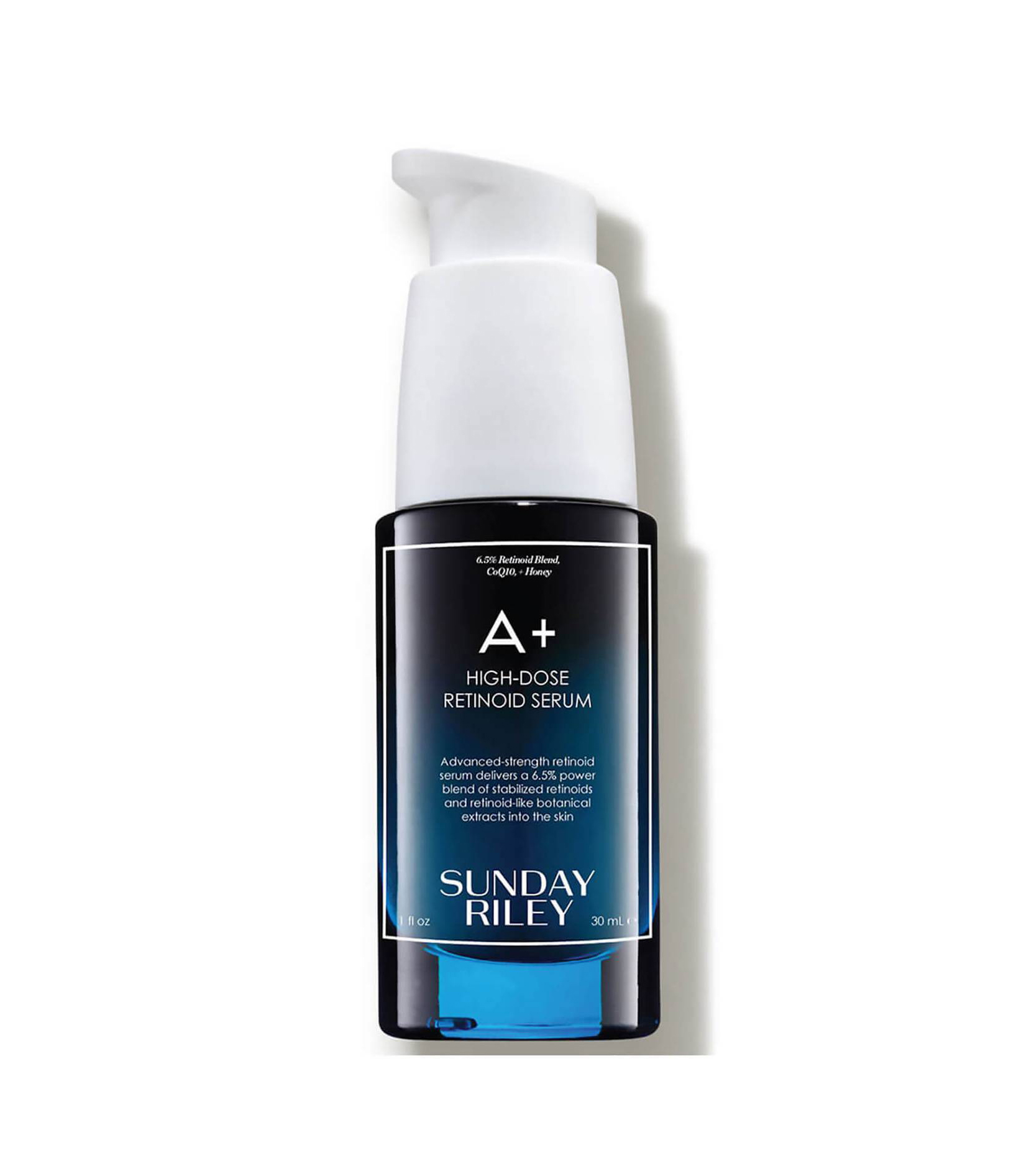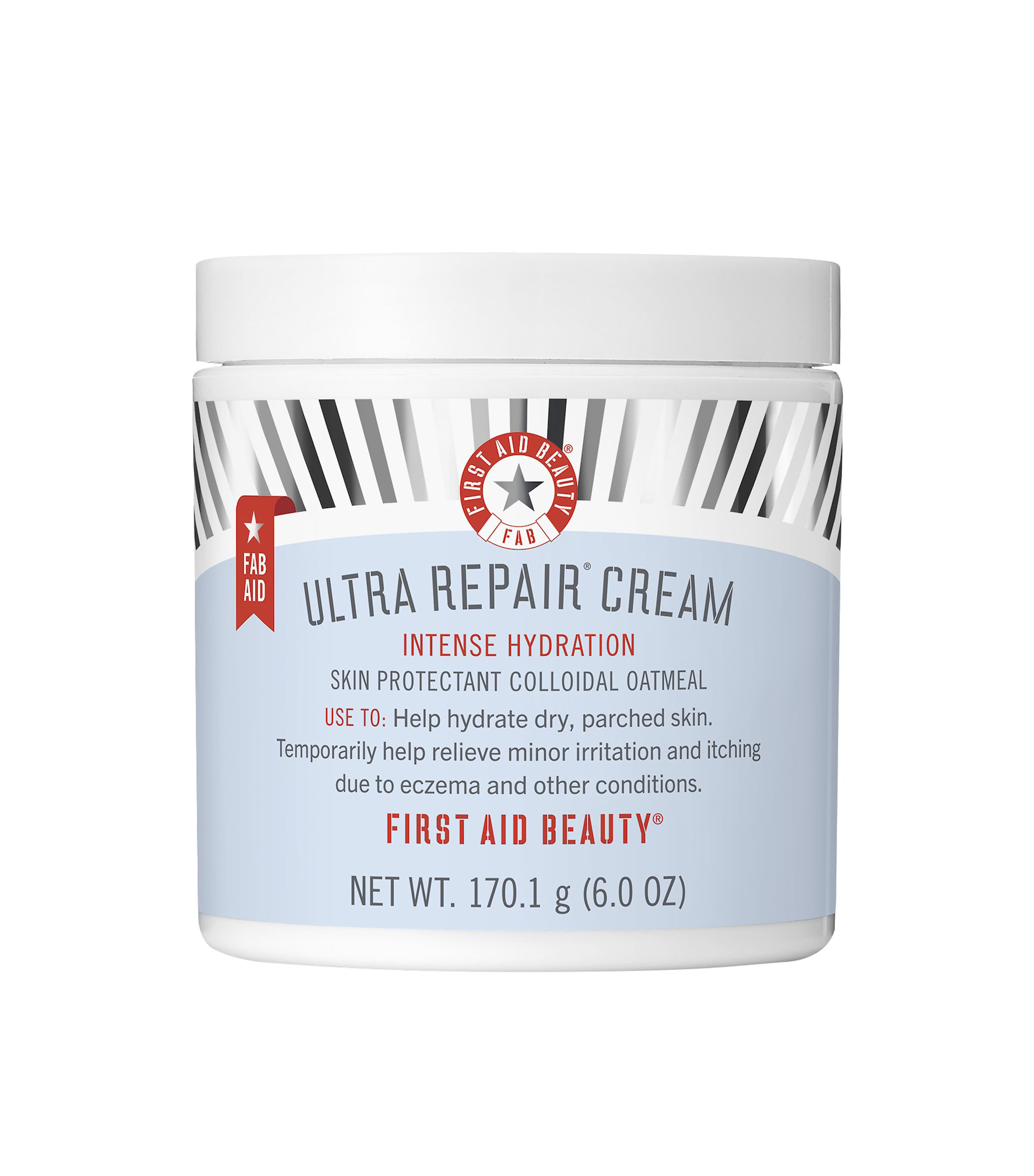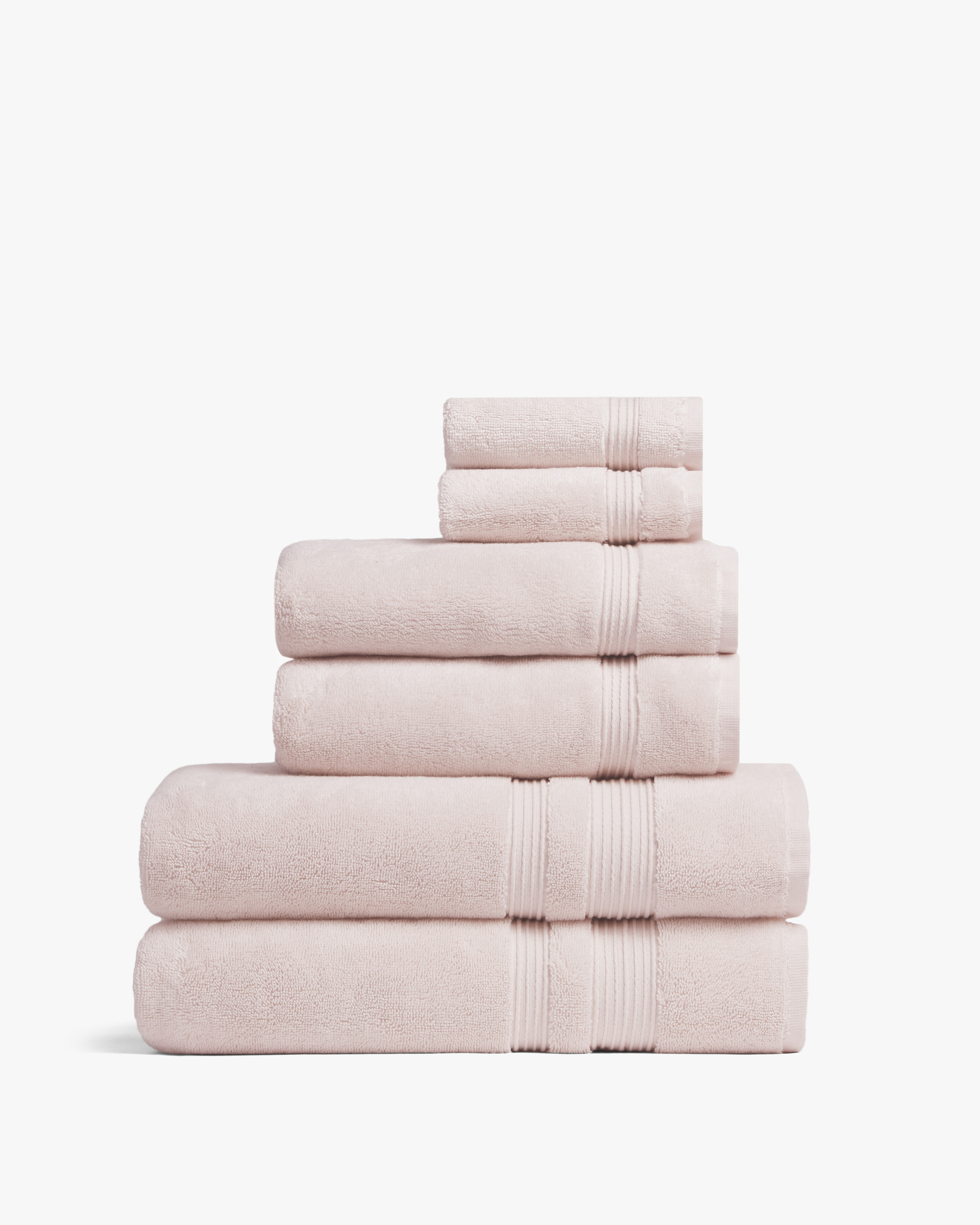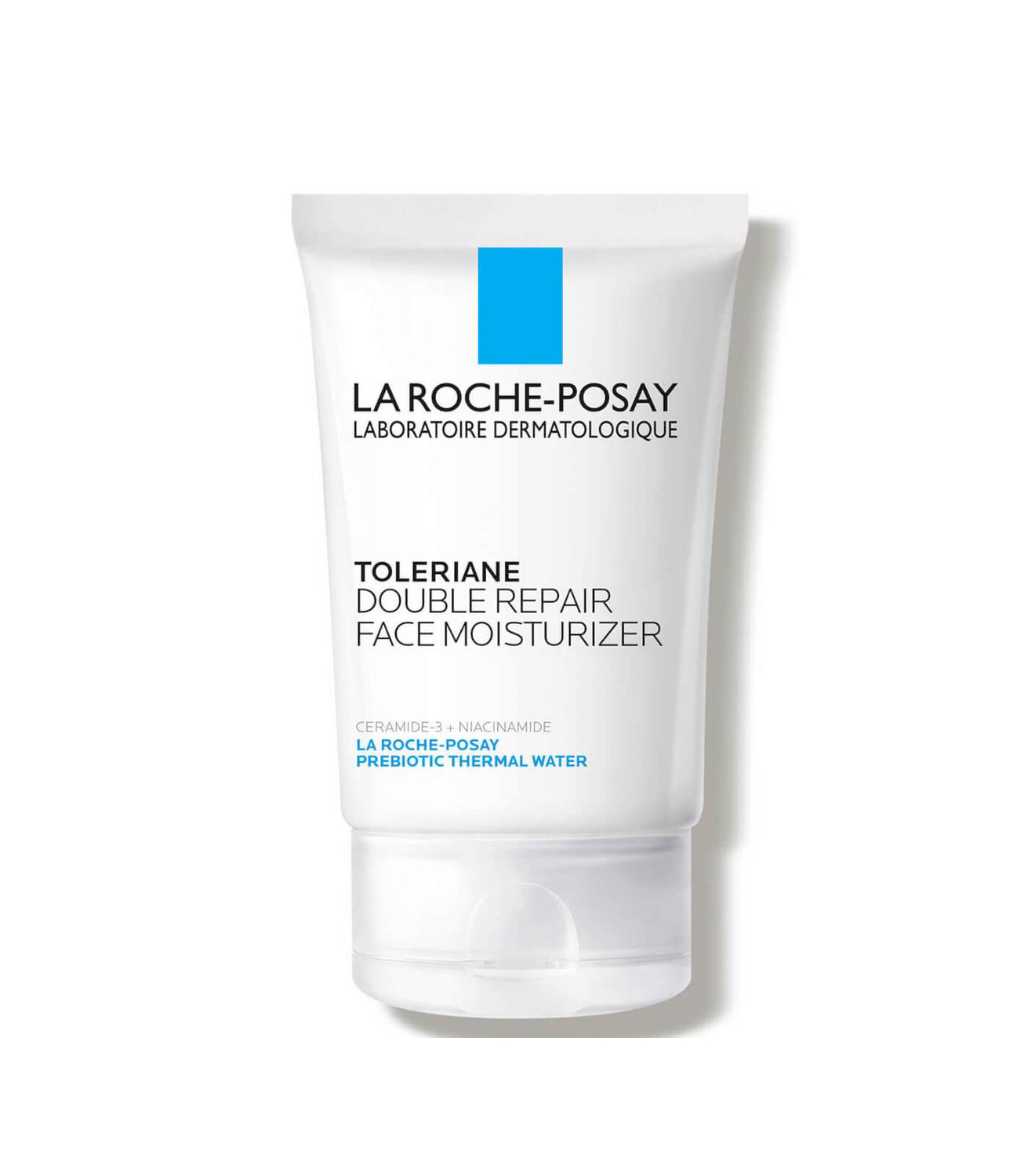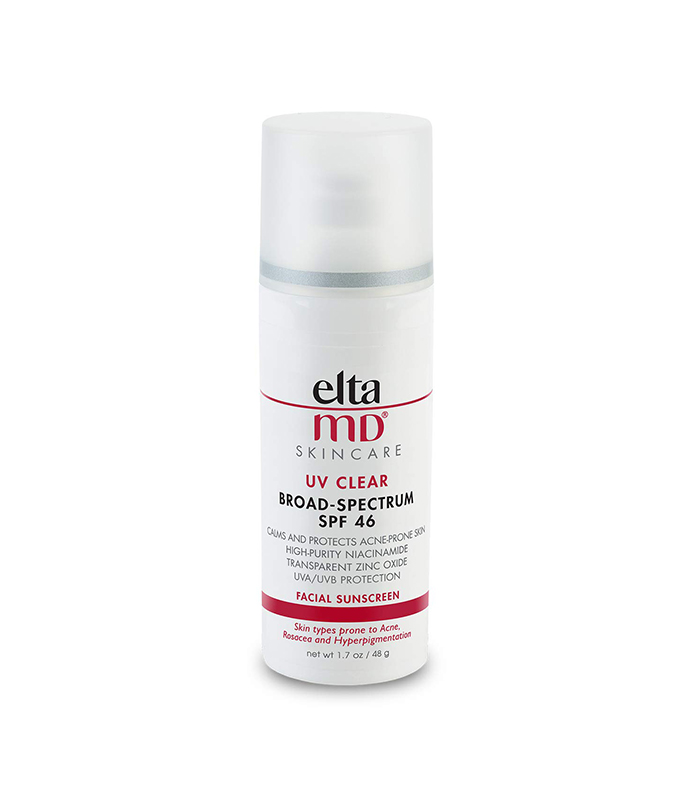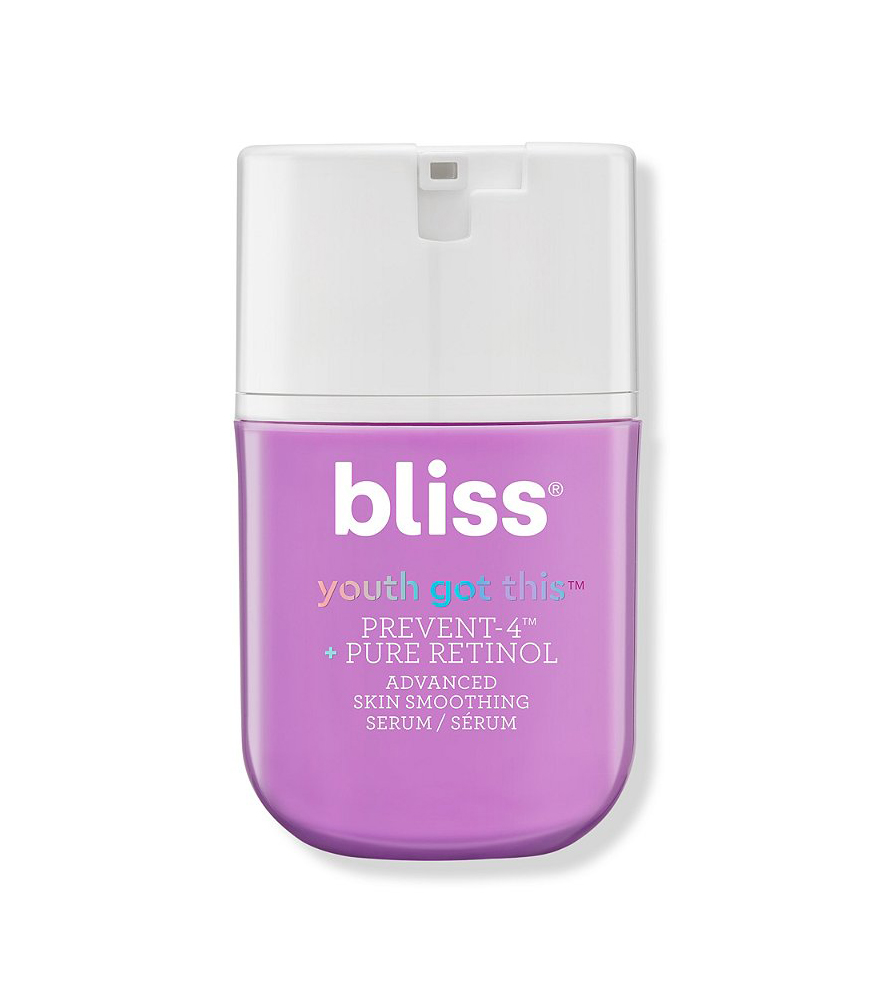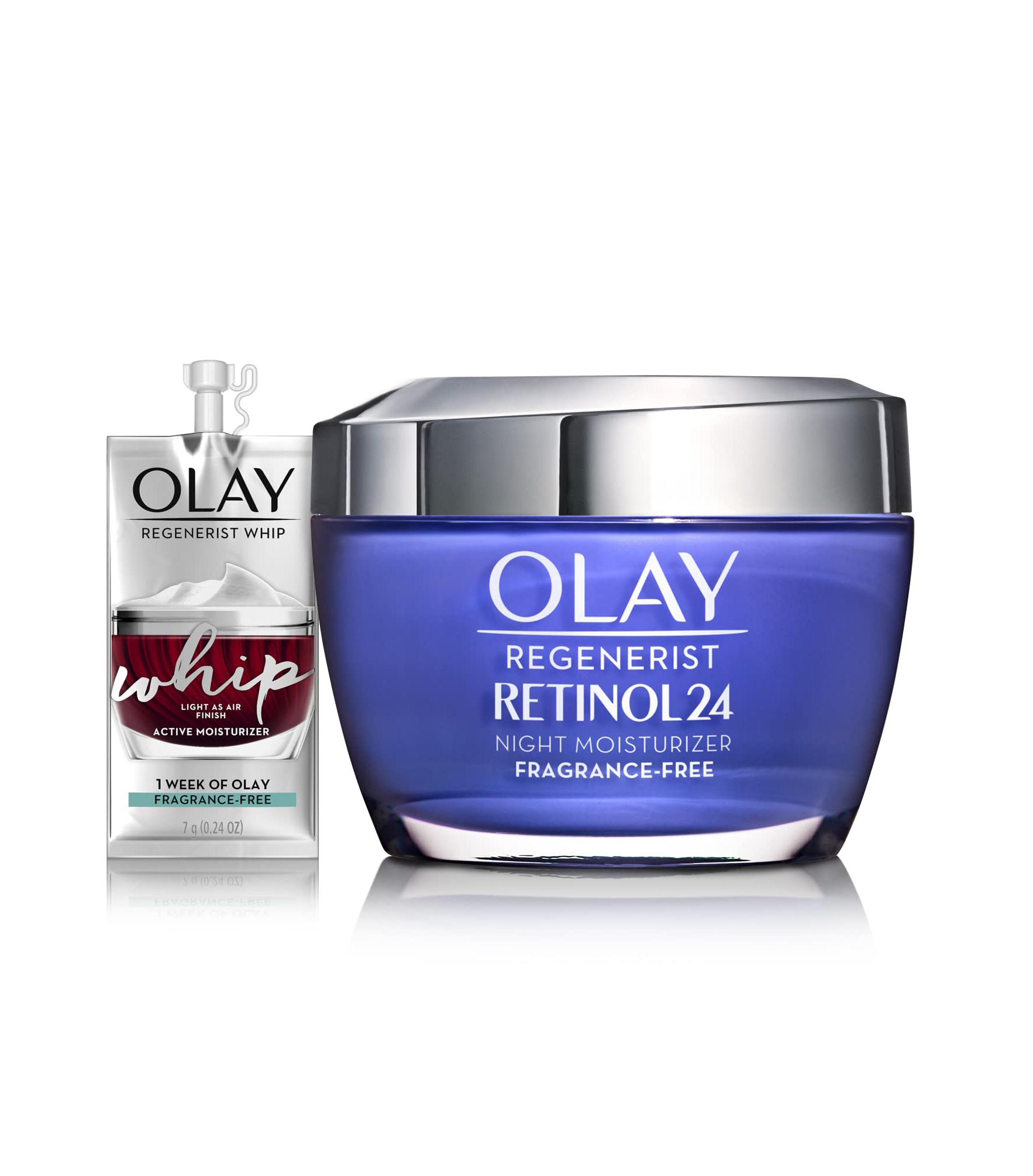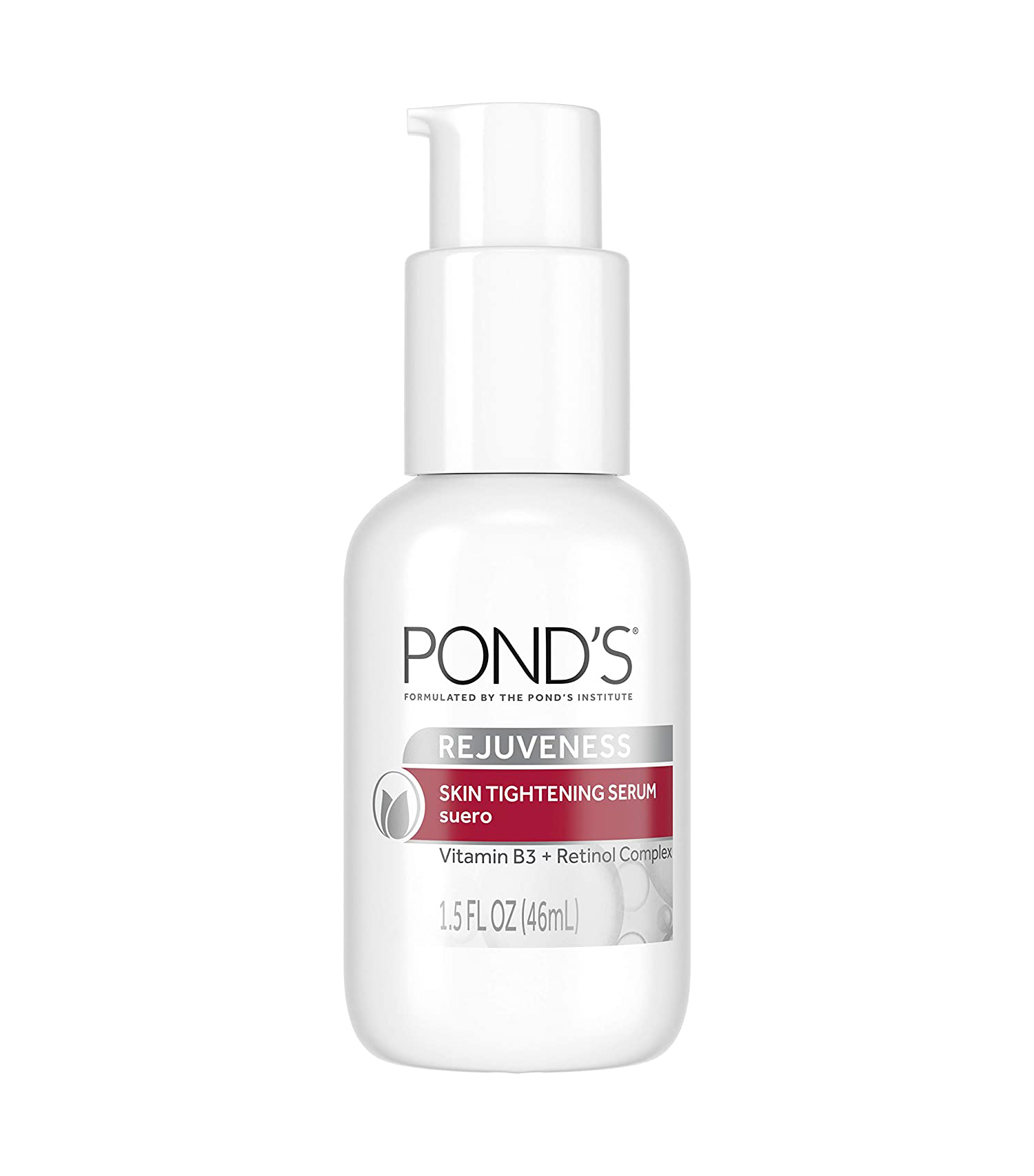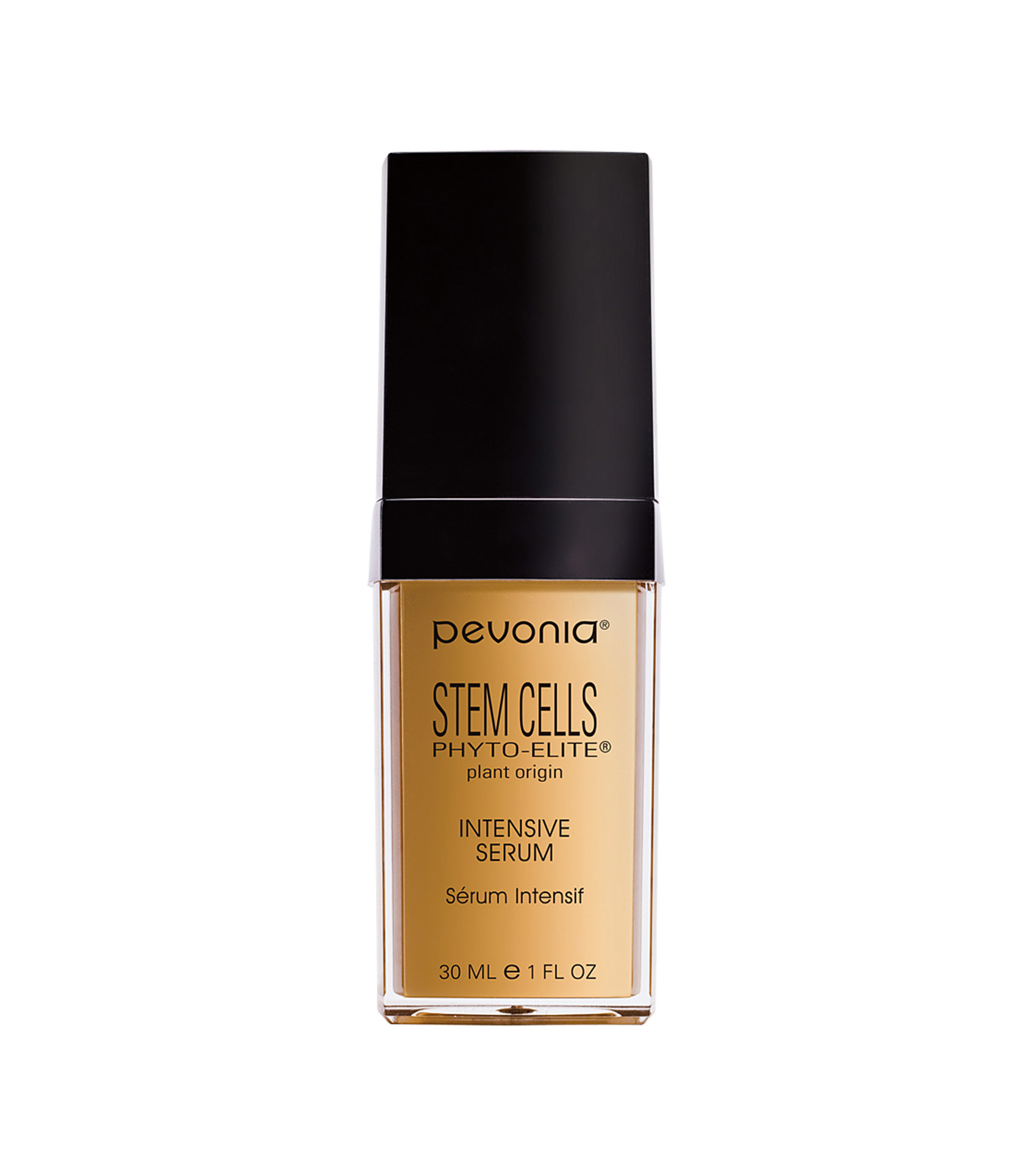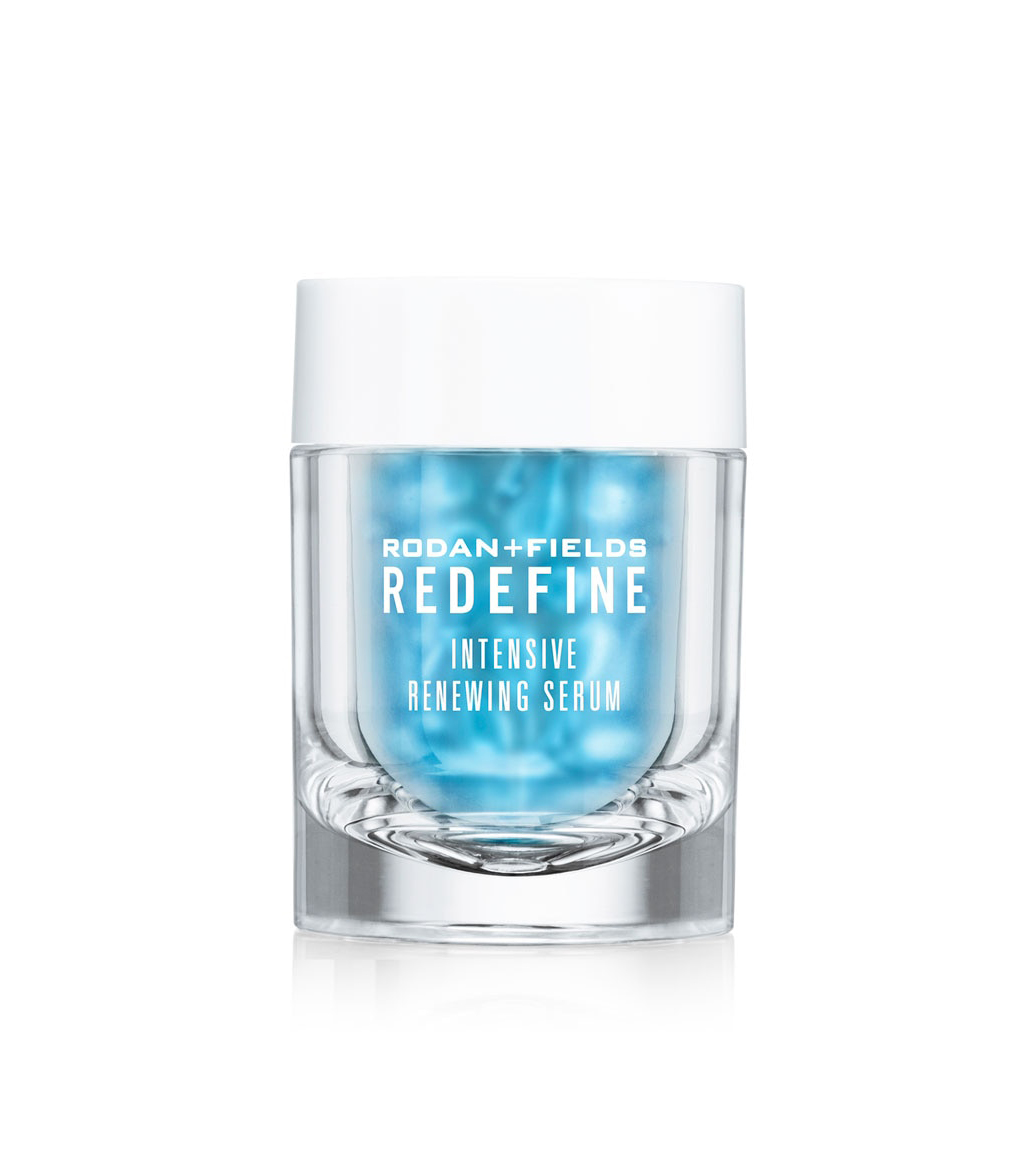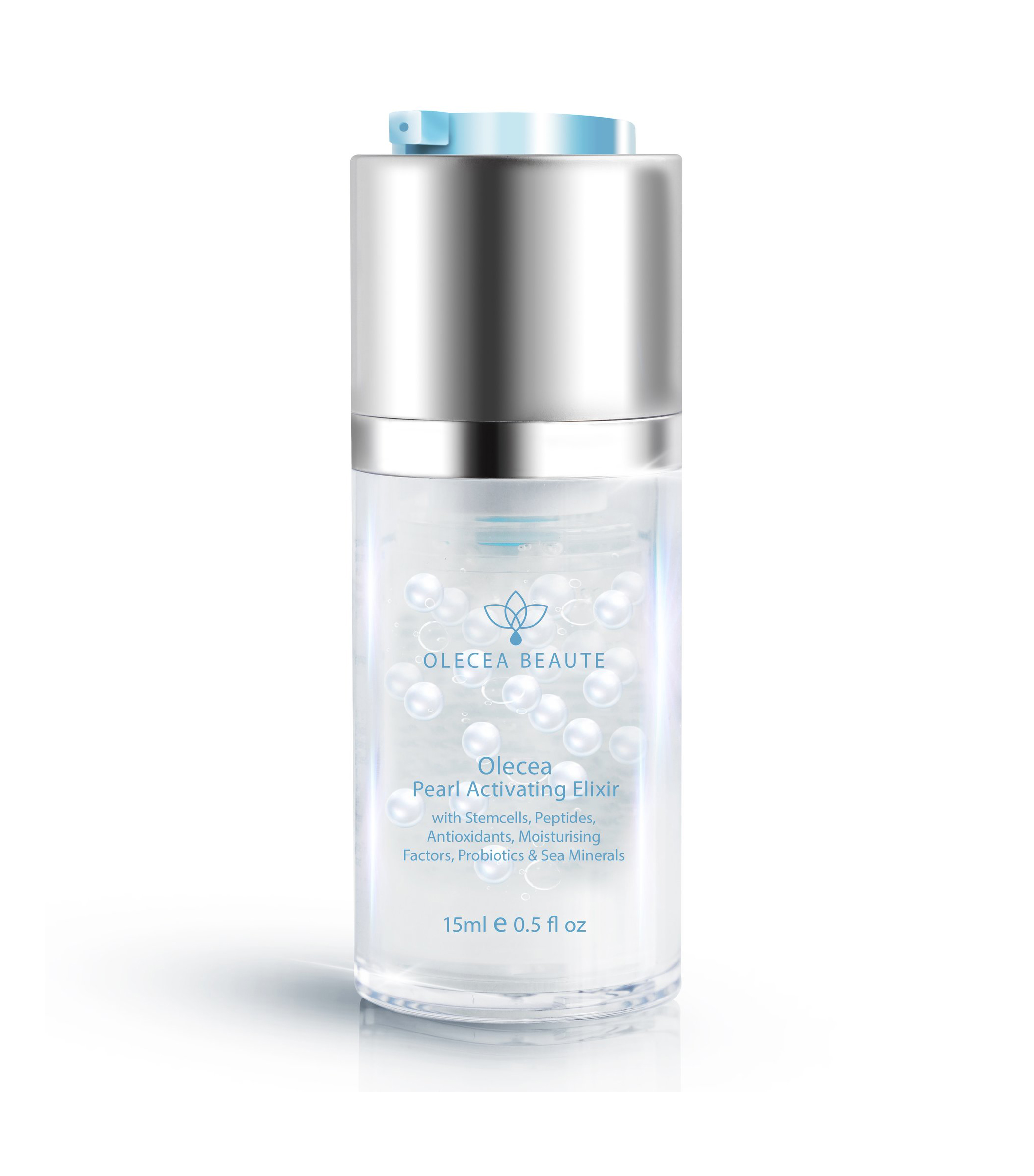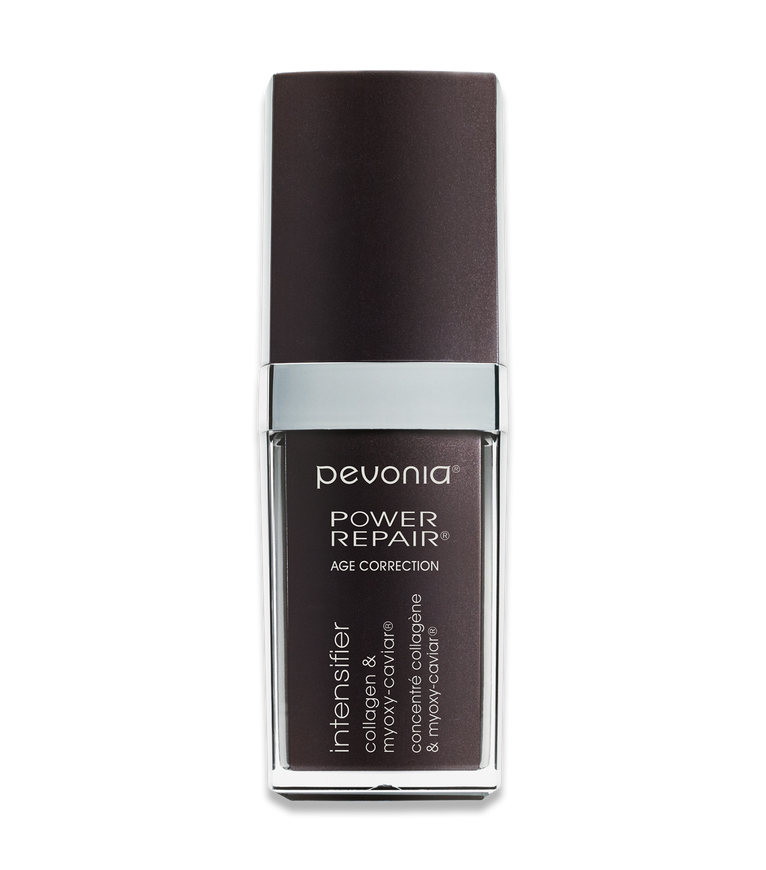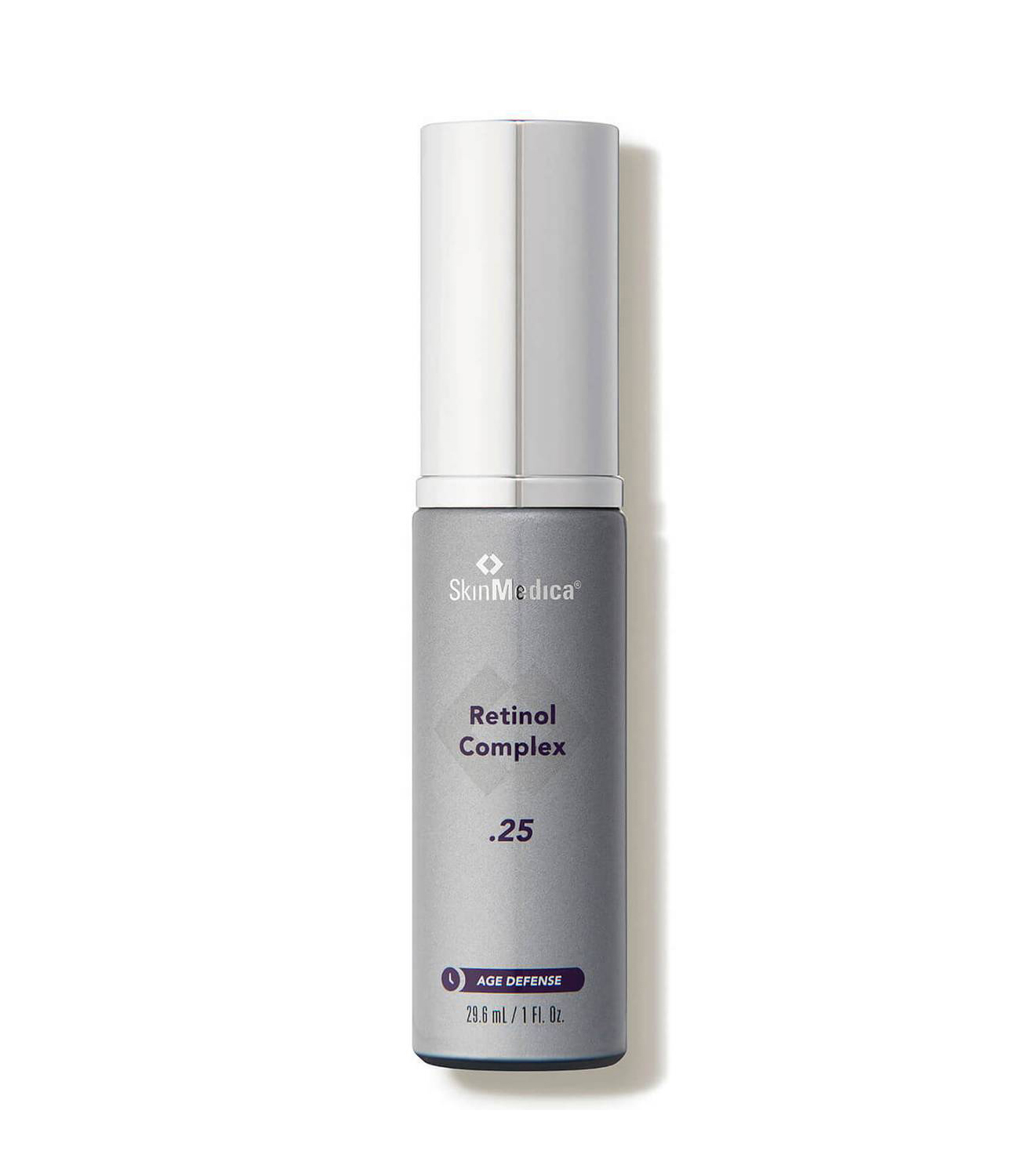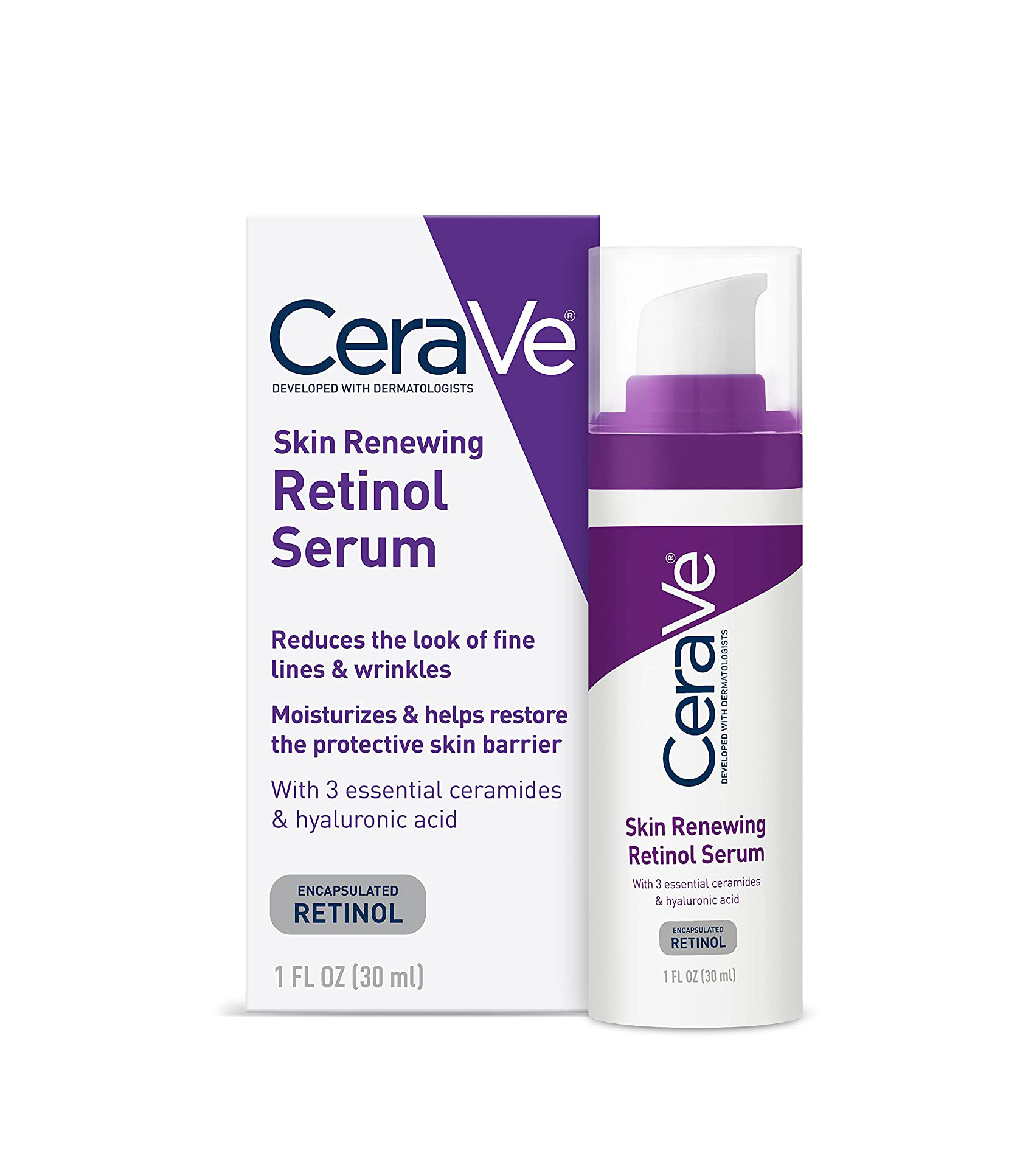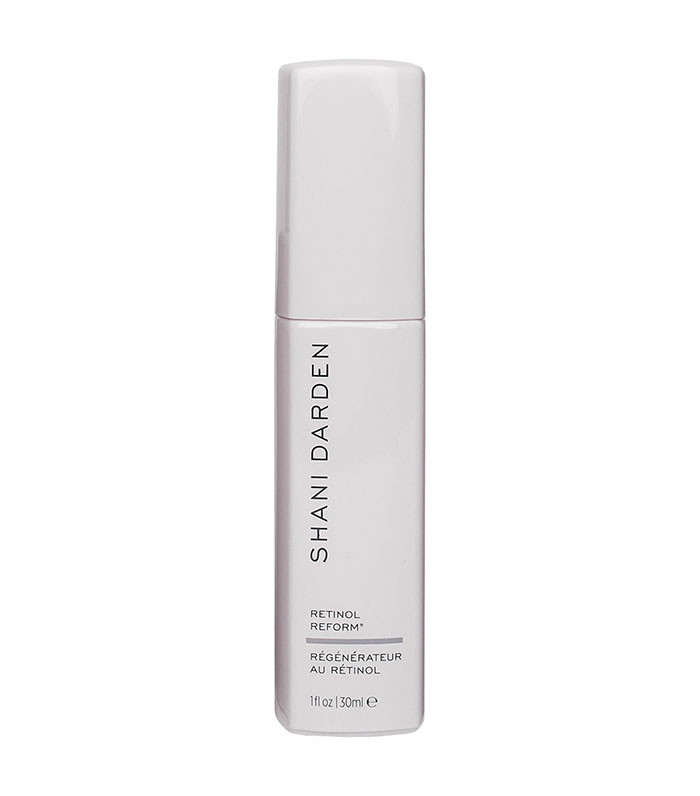This Prescription Cream Hits Backspace on Wrinkles—Here's the User Manual
You've probably heard of the skincare product Retin-A before and probably associate it with being a powerful acne fighter. You might even use the popular product. While it does wonders for treating acne, it also has the power to unlock youthful-looking skin. "Retin-A is the trade name of a vitamin A derivative called tretinoin," says Joyce Imahiyerobo-Ip, MD, FAAD, founder and CEO of Vibrant Dermatology and Skin Bar MD. "Tretinoin was developed in the 1960s and revolutionized skincare. Today, tretinoin is one of several medications that belong to a category called retinoids. All retinoids have a similar impact on the skin." Tretinoin is also prescription-only.
So what does it do, exactly? Well, it turns out a lot. Board-certified dermatologist and docent medical advisor Farhaad Riyaz says that tretinoin is the best antioxidant ingredient proven to remedy wrinkles, loose skin, acne, sun damage, and hyperpigmentation. It also promotes a clearer, smoother, and more even skin tone and texture through its resurfacing effects.
"By breaking down dead skin and speeding up cell renewal and turnover, it triggers increased collagen and elastin production to support the 'new' healthier skin," Riyaz explains. "In addition to helping replenish these vital structural skin components, it reorganizes the cells to help restore a smoother appearance. As an antioxidant, it also neutralizes free radicals that damage the skin and cause aging. It also evens out pigmentation by exfoliating and stimulating cell turnover, reducing inflammation, and helping melanocytes (the cells responsible for producing pigment) dispose of trapped melanin."
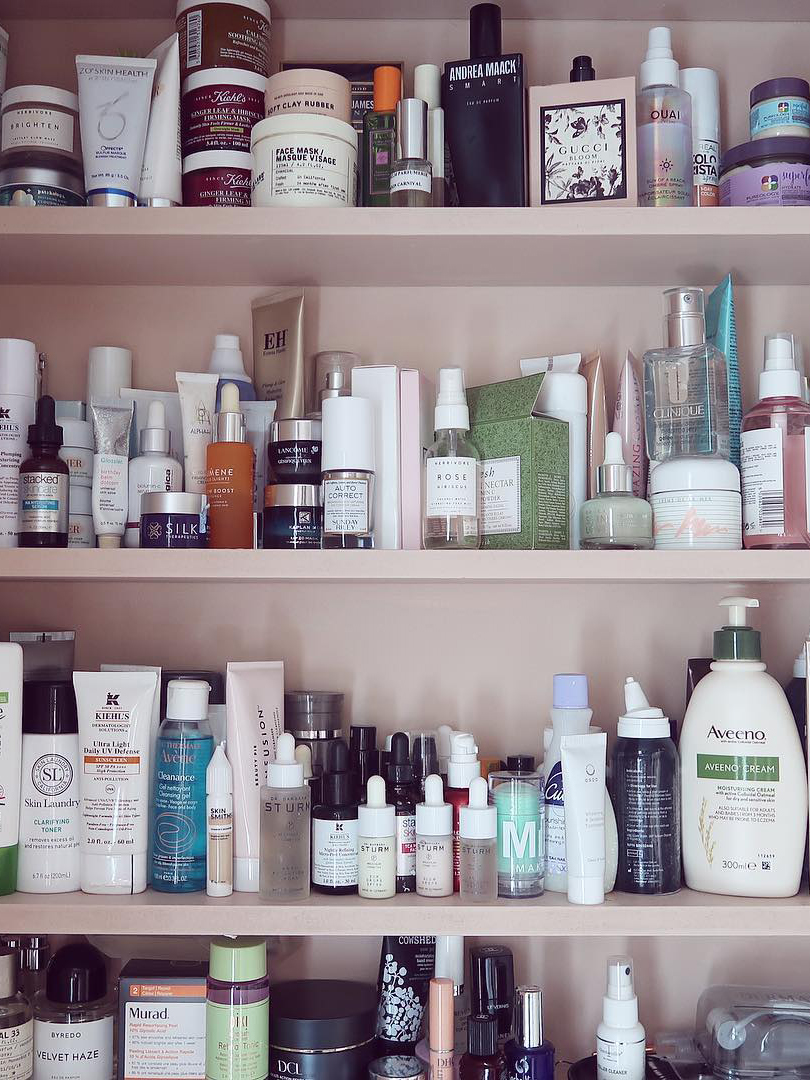
When it comes to anti-aging, retinoids, in general, are the foundation. Almost every dermatologist I've ever spoken to has said that the three building blocks of a healthy skincare routine are sunscreen, antioxidants, and retinoids/retinols. "Regular retinol usage achieves the following: reduces fine lines and wrinkles via collagen stimulation, evens skin tone by redistribution of melanin particles, smooths the skin's surface by making turnover of the stratum corneum more efficient, increases hyaluronic acid that is responsible for skin's firmness and elasticity, and prevents the buildup of keratin in pores that can lead to acne and congestion. There are more scientific papers to support the beneficial effects of tretinoin than any other active ingredient," says Corey L. Hartman, MD, FAAD, founder of Skin Wellness Dermatology.
Imahiyerobo-Ip adds that if you are using Retin-A or tretinoin, it's important to avoid adding too many other acids to your skincare routine, saying, "Products like vitamin C, glycolic acid, and even salicylic acid may increase skin irritation if they are combined with retinoids. If you are confused about what ingredients can be used together, ask your board-certified dermatologist."
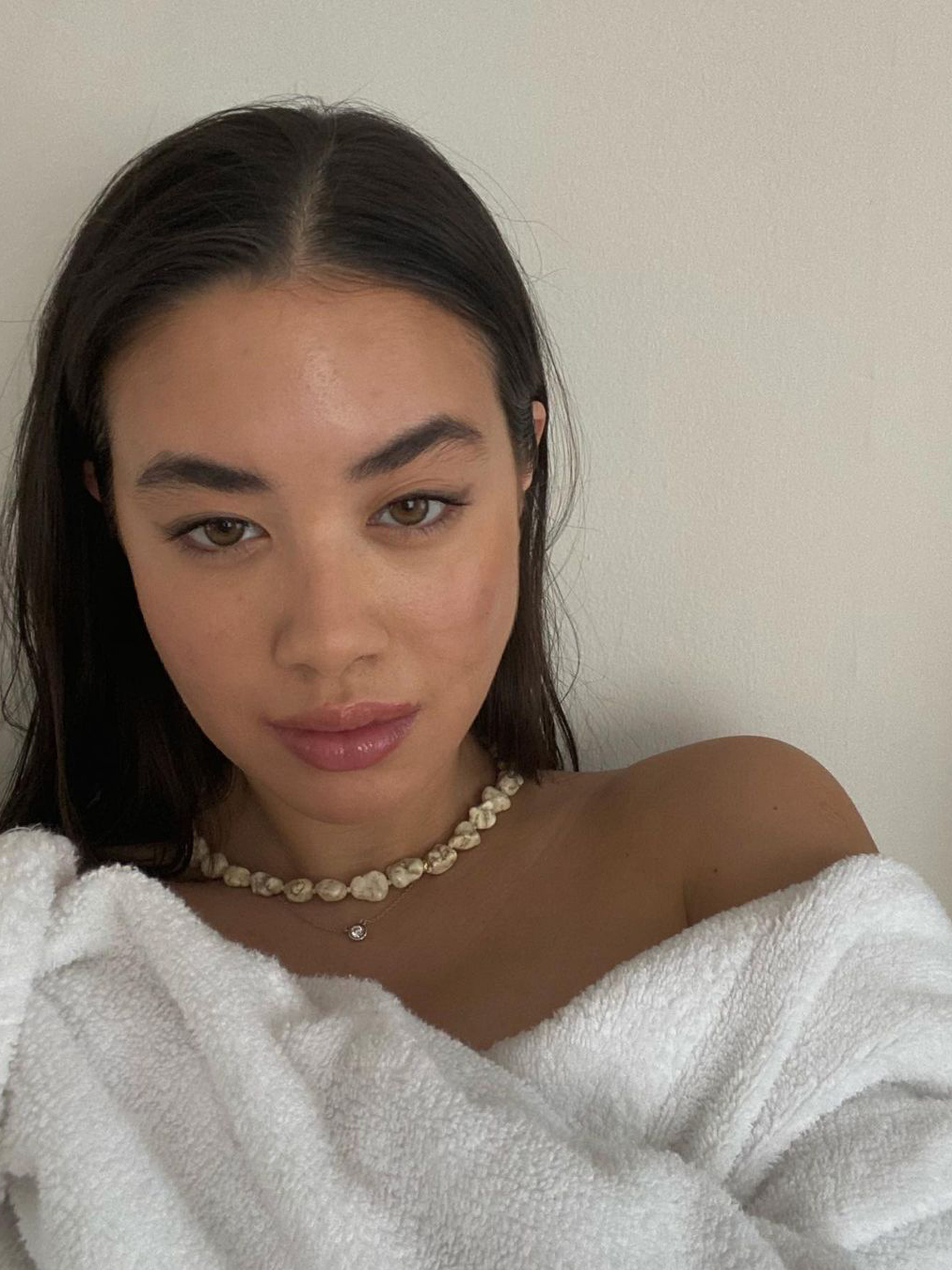
Because of all the amazing benefits stated above, just about everyone is a good candidate for a retinol/retinoid product. "My opinion is that with the exception of people with rosacea or overly sensitive skin, everyone should be using a retinol," Hartman says. "There are retinol alternatives for those with rosacea and dry, sensitive skin, but with the guidance of a board-certified dermatologist, even these patients can introduce an appropriate product gradually and have success without irritation or flares."
And Joshua Zeichner, MD, of Zeichner Dermatology, adds that there is a new generation of prescription topical retinoids that use special technologies to minimize irritation. "Altreno, for example, uses a proprietary honeycomb mesh technology to evenly distribute micronized tretinoin and minimize potential skin irritation. It delivers the proven benefits of tretinoin in a more tolerable formula," he says.
And if you want to use Retin-A or tretinoin specifically for anti-aging benefits, Imahiyerobo-Ip recommends starting the product in your late 20s.
How to Use Retinoids
Before you start incorporating tretinoin, or any other retinoid, into your skincare routine, there are a few steps you need to take in order to ensure that the product works effectively and doesn't irritate or damage your skin. Derms shared their tips below:
1. Prepare your skin to get used to the product: "Effective, topical retinoids take several weeks to adjust to," Zeichner says. "In fact, the first two to four weeks [of usage] are commonly associated with dryness, redness, and peeling. This is known as retinization, a process where the skin adjusts to the application of topical retinoids. To minimize potential irritation, I recommend applying a pea-sized amount to the full face. Start applying the product every other night. Combine the retinoid with a moisturizer to help maintain skin hydration." You can slowly make your way up to application every night from there.
2. Be careful with sensitive skin: "Some individuals are only able to tolerate Retin-A once a week," Imahiyerobo-Ip says. "If you fall in that category, don't despair. You will still benefit from this medication. If you have extremely sensitive skin, I don't recommend that prescription retinoids be used without the guidance of your board-certified dermatologist." Your doctor might prescribe or suggest a lower-strength product to start.
3. Pat dry before application: "After cleansing, this simple habit helps eliminate residual moisture, which may cause irritation," Riyaz says. "Sensitive skin types can wait 15 to 20 minutes before applying to be extra sure no moisture remains."
4. Moisturize: "One of the other often-ignored directions is to follow application with a moisturizer. It may seem unnecessary but is critical to seal in moisture, hydrate the skin, and overcome any dryness," Riyaz says. "Extra-sensitive or concerned folks can apply the sandwich technique by applying moisturizer first, then tretinoin, followed by moisturizer again."
5. Skip the exfoliating products: "We advise patients to discontinue AHAs and other forms of exfoliation, at least initially while skin acclimates to the medication as tretinoin delivers all the resurfacing exfoliation the needs," Riyaz says. "There is no need to 'double-dip,' so to speak, and the skin can only take so much exfoliation."
6. Don't forget sunscreen: "Wear sunscreen daily! Strict sun protection is a must, including sunscreen with SPF greater than 30 and wearing a wide-brimmed hat," Riyaz says. "It's important to commit to this daily habit just as you do with brushing your teeth!"
More Retinoid and Retinol Products
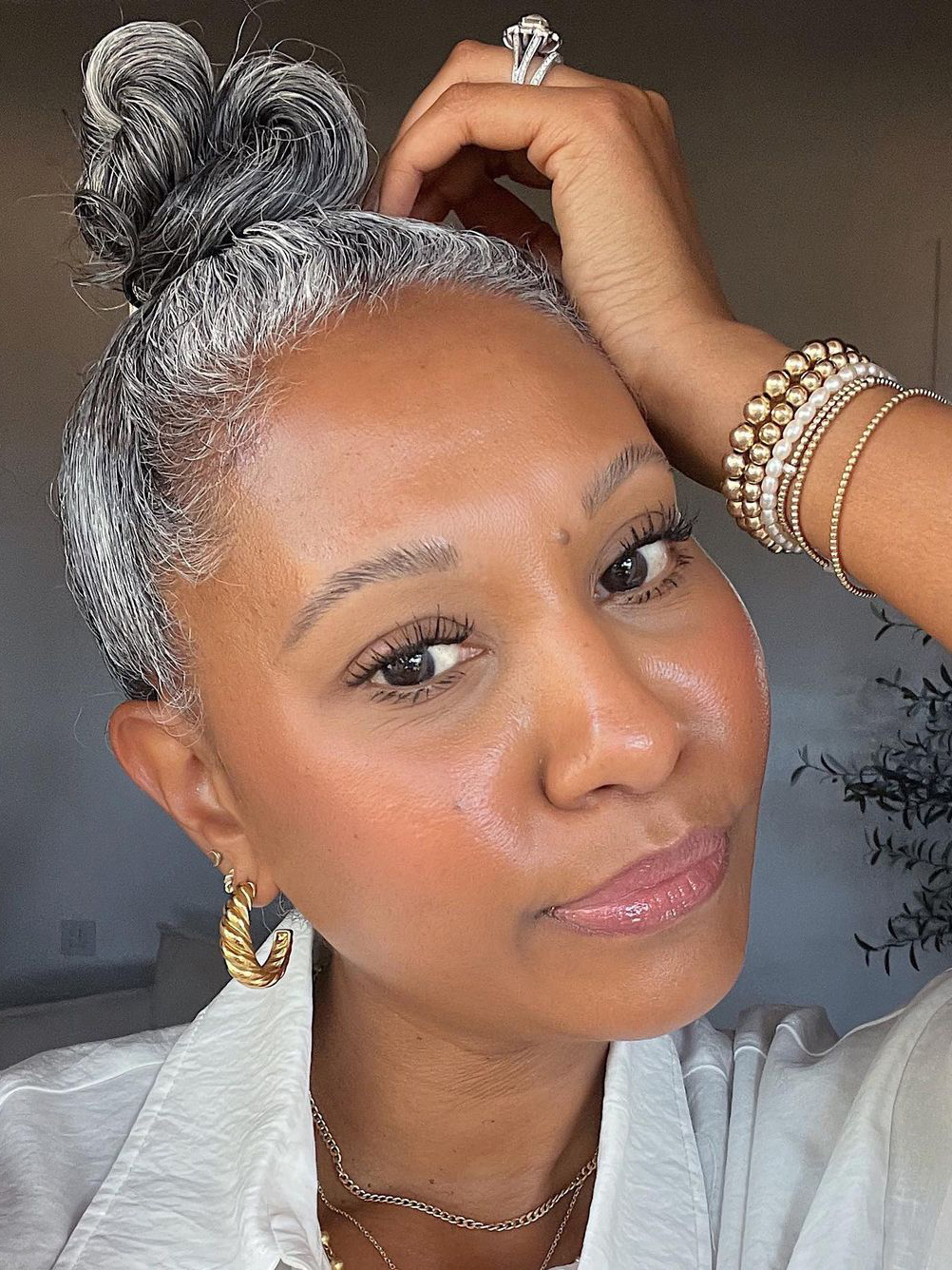
Since tretinoin is a prescription product, some people might be looking for an over-the-counter option that works similarly. But it's important to note that no OTC product is as effective as tretinoin for overcoming the signs of aging, acne, and hyperpigmentation, Riyaz says. "It is truly the gold standard. Additional benefits it provides that make it superior to other resurfacing products is that it bolsters the skin barrier by normalizing enzymatic activity, which is needed for healthy cell division (mitosis) and rebuilding the upper layers of the skin (epidermis) with stronger, denser, healthier cells," Riyaz explains. "Tretinoin also helps restore the moisture balance of the skin by maintaining hydration, reducing evaporation of water, and increasing healthy lipids in the membranes."
But if you want to try something similar to Retin-A before you get a prescription, Imahiyerobo-Ip says you can start with over-the-counter retinol products. "Retinol is a weaker derivative of vitamin A, which is readily available in stores. If you are new to retinol products, I still recommend starting with a pea-sized amount three nights a week and work up to nightly application," she says.
And since they're weaker, they're often more palatable and easier to use than the prescription versions. "The characteristic dryness, redness, scaling, and irritation that is associated with this class of products occurs less drastically with OTC retinols when compared to physician-dispensed retinols or prescription retinoids," Hartman says. "Prescription retinoids are indicated for the treatment of acne vulgaris. Retinols, retinals, and retinoids all help with anti-aging and discoloration."
Take a look at some OTC options below.
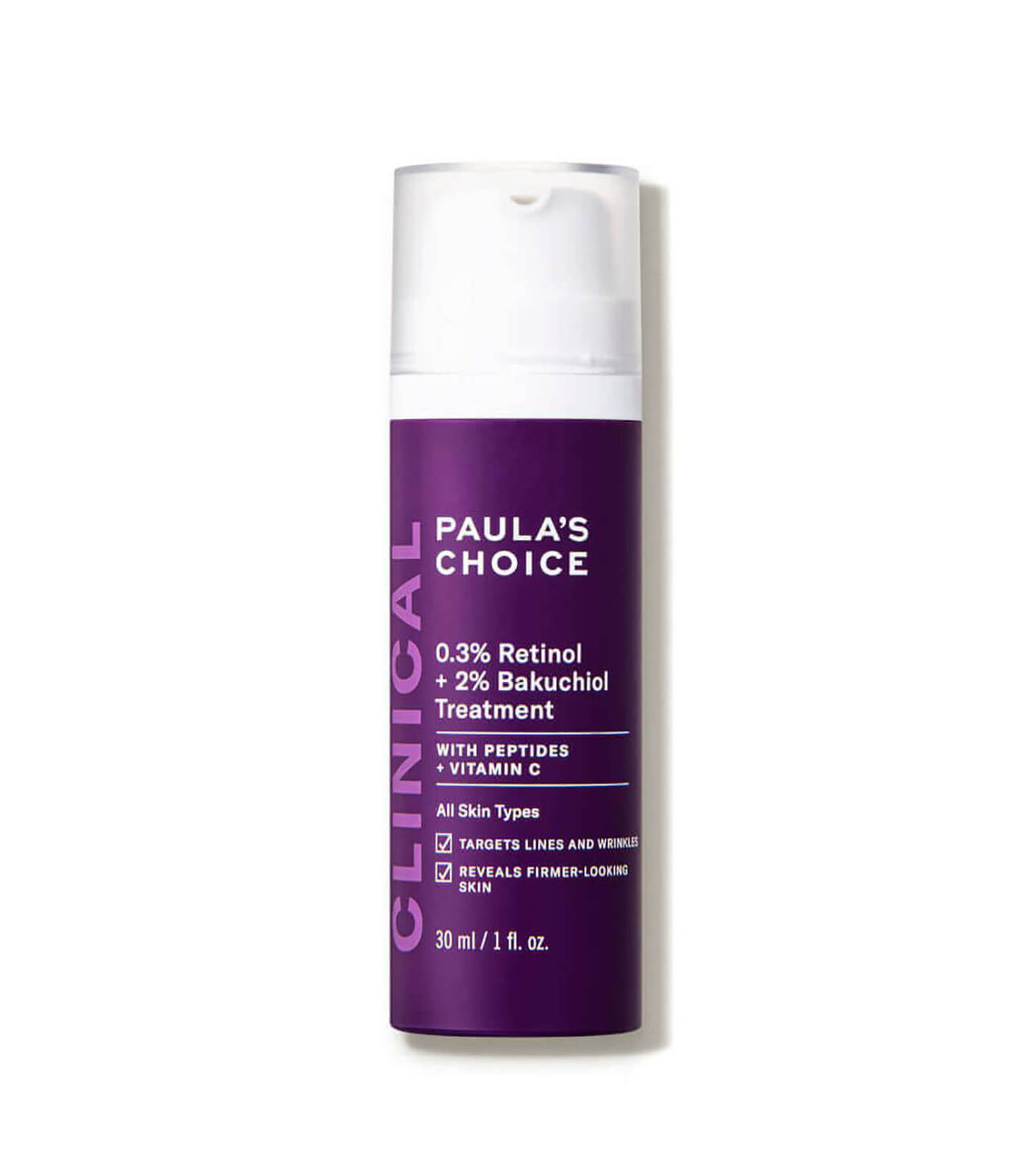
This product from Paula's Choice is another good option for sensitive skin types. In addition to a low percentage of retinol (0.3%), it contains bakuchiol, which is a plant extract that works similarly to retinol but without harsh side effects.
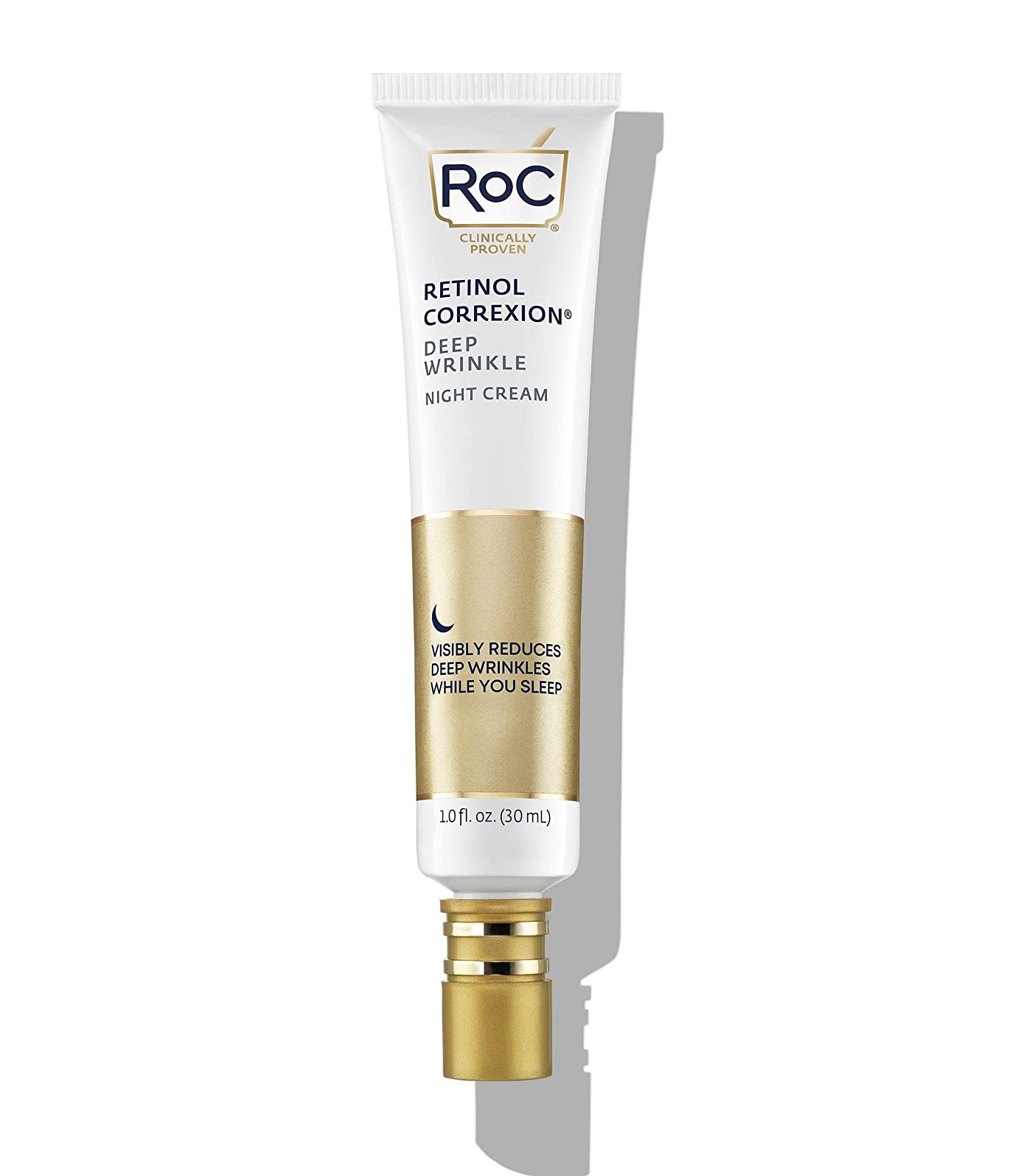
This highly rated nighttime cream is powered by retinol and a mineral complex. It works to reduce the appearance of wrinkles and lift and firm the skin.
Next, If You're Into Youth-Enhancing Skin Products, Experts Say These Work the Fastest
Sarah is lifestyle writer and editor with over 10 years of experience covering health and wellness, interior design, food, beauty, and tech. Born and raised in Los Angeles, she attended New York University and lived in New York for 12 years before returning to L.A. in 2019. In addition to her work at Who What Wear, she held editor roles at Apartment Therapy, Real Simple, House Beautiful, Elle Decor, and The Bump (sister site of The Knot). She has a passion for health and wellness, but she especially loves writing about mental health. Her self-care routine consists of five things: a good workout, “me” time on the regular, an intriguing book/podcast/playlist to unwind after a long day, naps, and decorating her home.
